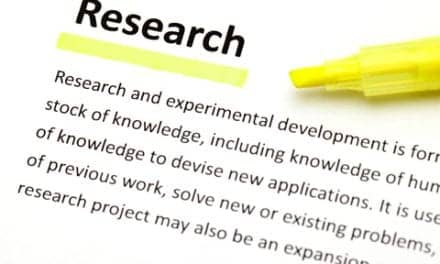According to a questionnaire completed by high school athletes, their parents, and coaches, most respondents say they can identify the possible effects of a concussion. However, only one-third of them note knowing that it is a brain injury.
Findings from the survey, completed by athletes, coaches, and parents from three high schools in the Rochester, NY area to assess their concussion knowledge and history, appear in a new study published in Mayo Clinic Proceedings.
The 262 respondents—115 of whom were athletes, 15 were coaches, and 132 were parents, with 55% female—completed the questionnaire before the 2015-2016 fall, winter, and spring sports seasons. Athletes participated in the following contact and noncontact sports: football, soccer, volleyball, hockey, basketball, wrestling, dance, gymnastics, lacrosse, baseball, and softball.
Among the three groups of respondents, coaches had the strongest knowledge about how a concussion occurs, when to remove an athlete from play, and the potential effects of repeated head injuries.
Working in a health care setting did not appear to translate into higher knowledge scores, per the findings. However, parents who did were more likely to know the long-term effects of concussion.
Athletes were good at identifying typical symptoms of concussion but weaker on how a concussion can occur and the criteria for returning to play, according to the findings.
“We will use this data to guide us in our concussion education efforts,” says senior author Edward Laskowski, MD, a physical medicine and rehabilitation specialist and co-director of Mayo Clinic Sports Medicine in Rochester, in a media release from Mayo Clinic.
“By targeting and tailoring the messages to coaches, parents and athletes, our hope is that it leads to a better understanding for all of this significant injury.”
[Source(s): Mayo Clinic, Newswise]





